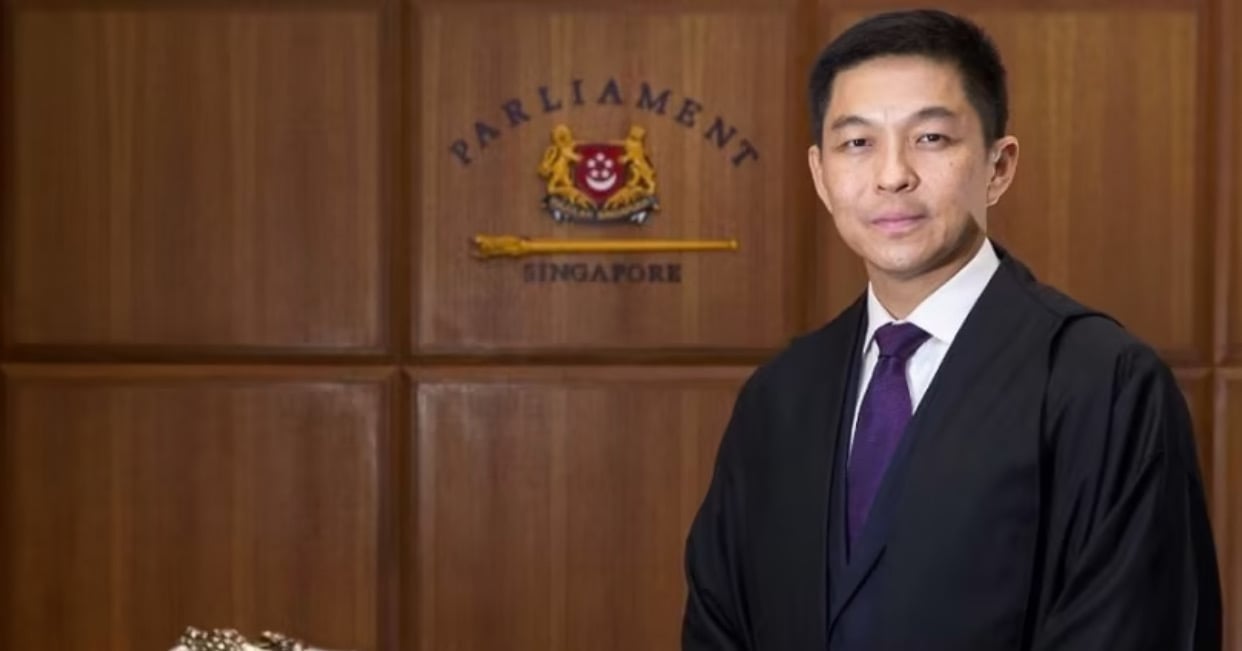You’ve probably heard of the recent saga surrounding the Speaker of the Parliament, or should we say, the ex-Speaker. While Jessica Tan Soon Neo is now the Acting Speaker, the Prime Minister has spoken about the nomination of Seah Kian Peng as the next Speaker.
But what exactly does the Speaker do? The Speaker earns only about $550,000 annually, which pales in comparison to the $935,000 that ministers potentially make—does this mean their jobs are more straightforward than that of ministers?
Bo zuo gang one meh?
Well, here’s a simplified summary of what the Speaker does.
1. Enforce the Orderly Conduct of Parliamentary Business
You probably already know this—the Speaker sits in that seat in the House.
To zhng it up, the gahmen calls it “presiding over the sittings of the House”.
Of course, aside from turning up for parliamentary sittings, the Speaker must ensure that parliamentary sittings are conducted orderly per specific rules.
These rules are set out in the Standing Orders of Parliament, which covers the rules of debate, rules of order and several procedural matters, among others.
Of course, one of these rules includes not using “offensive and insulting language about Members of Parliament”.
Oof.

Essentially, the Speaker is like the teacher, while Members of Parliament (MPs) are akin to students. As a student, you wouldn’t swear in front of the teacher.
Of course, other issues arise when the teacher himself uses “offensive and insulting language”. And from what we’ve seen in the past week, if you’re the Speaker and accidentally use such unparliamentary language, we’re guessing the way out is to resign…
2. Regulating and Enforcing the Rules of Debate
Along the same vein as enforcing orderly conduct, part of the Speaker’s job scope is to regulate and enforce the rules of debate.
The Speaker gets to decide which MP gets to speak and what questions the House must debate and vote on.
In enforcing the rules of debate in Parliament, the Speaker must take note of the time limit for speeches, the contents of speeches, interruptions, seating and behaviour of MPs, among others.
Essentially, the Speaker ask you diam, you better diam lah.
The Speaker also gives his rulings on any point of order if necessary.
3. The Representative of the House
Outside of the House, the Speaker also holds other responsibilities.
For one, don’t engage in extramarital affairs—wait, what? Ahem, sorry, we were kidding.
Outside of the House, the Speaker acts as the representative of the House when liaising with Parliaments from other nations and external bodies. This applies at national events as well as official visits outside of Singapore.
This entails welcoming “VIP” visitors, such as visiting dignitaries, on the Parliament’s behalf.
4. Administration of Parliament and Secretariat
To sum up the Speaker’s job, the Speaker is in charge of the overall administration of Parliament and its Secretariat.
So, saikang warrior lah.
Perhaps the $550,000 per year isn’t worth it after all. On the bright side, the Speaker automatically qualifies for presidential elections.
Bonus lor.
Above all, it seems that the most integral part of the Speaker’s job is maintaining impartiality and fairness to all MPs.
This is also why the Speaker does not participate in parliamentary debates. However, they can abstain or vote for or against a motion if he has an original vote as an elected Member.
And it is also why Tan Chuan-Jin received so much backlash on his independence, impartiality, and fairness (or lack thereof) when news of his comment about opposition politician Jamus Lim surfaced.
With so many vital roles, it’s no wonder that the criteria for one to be elected Speaker as per the Constitution are strict.
